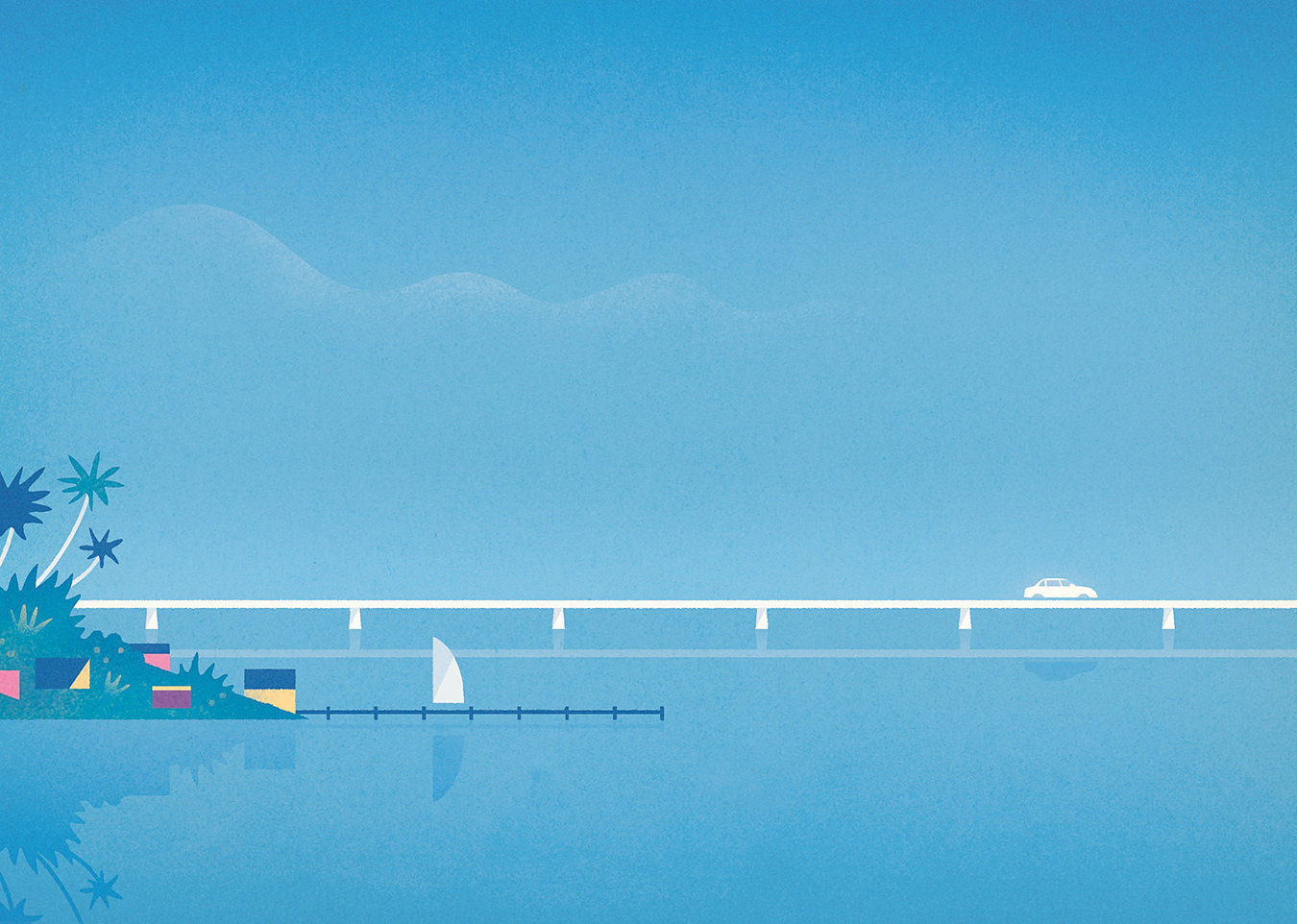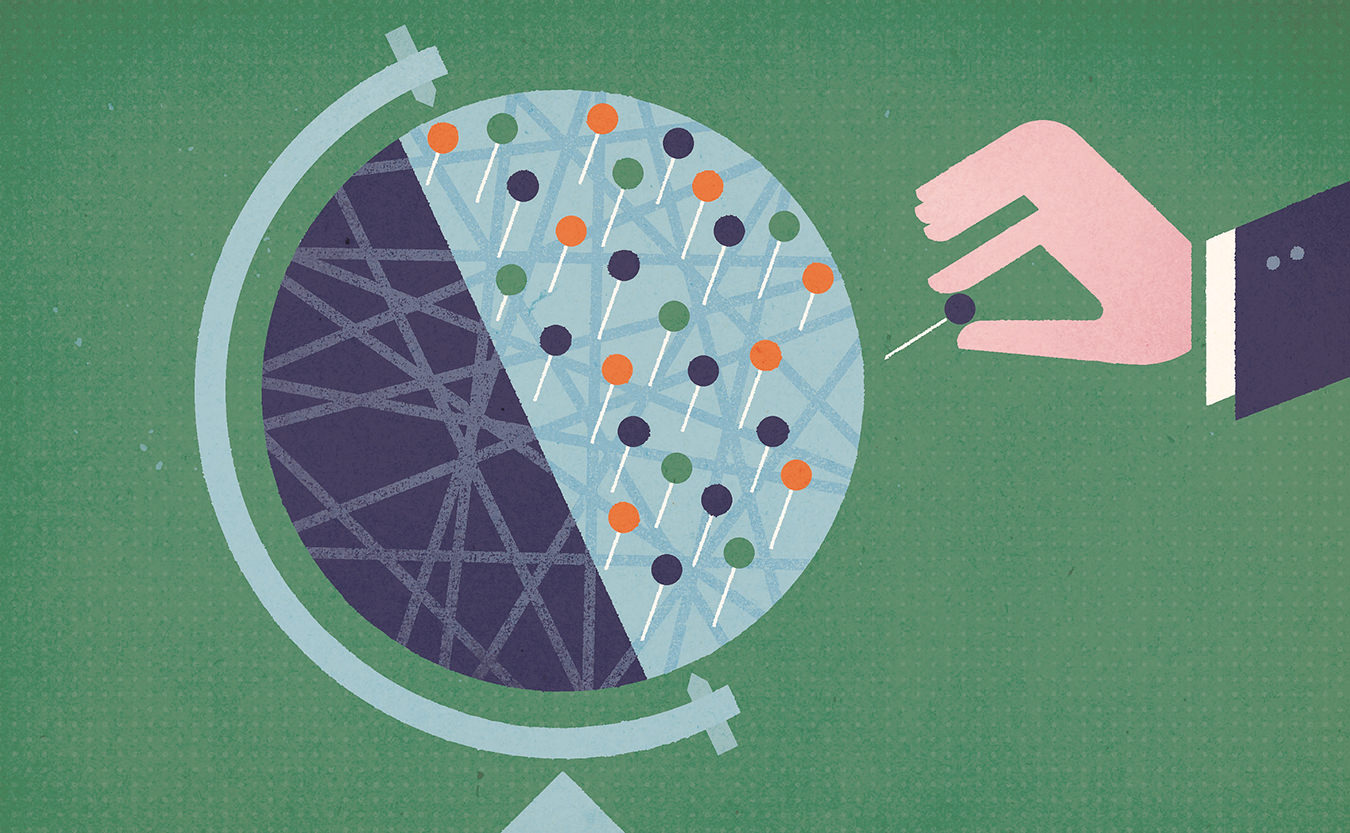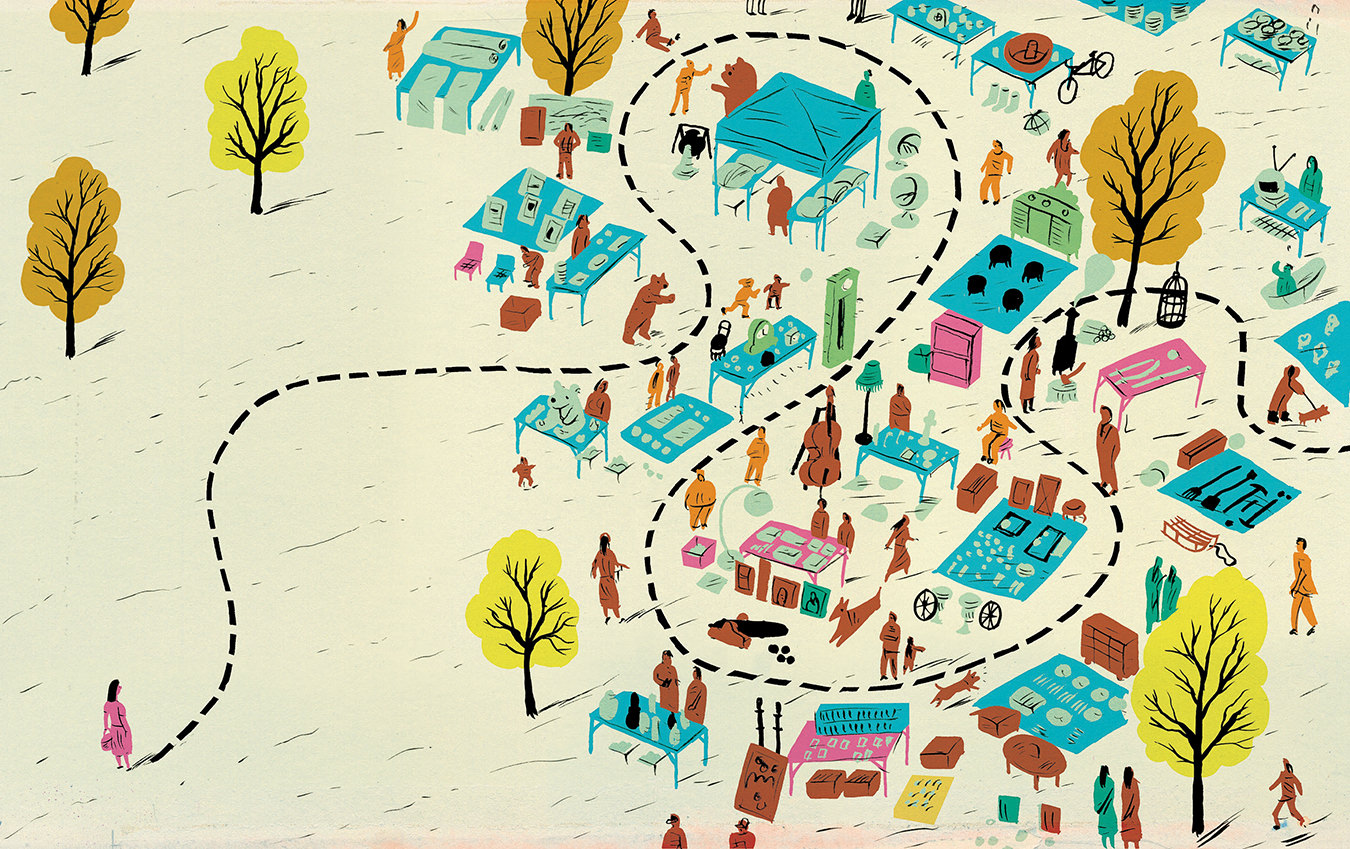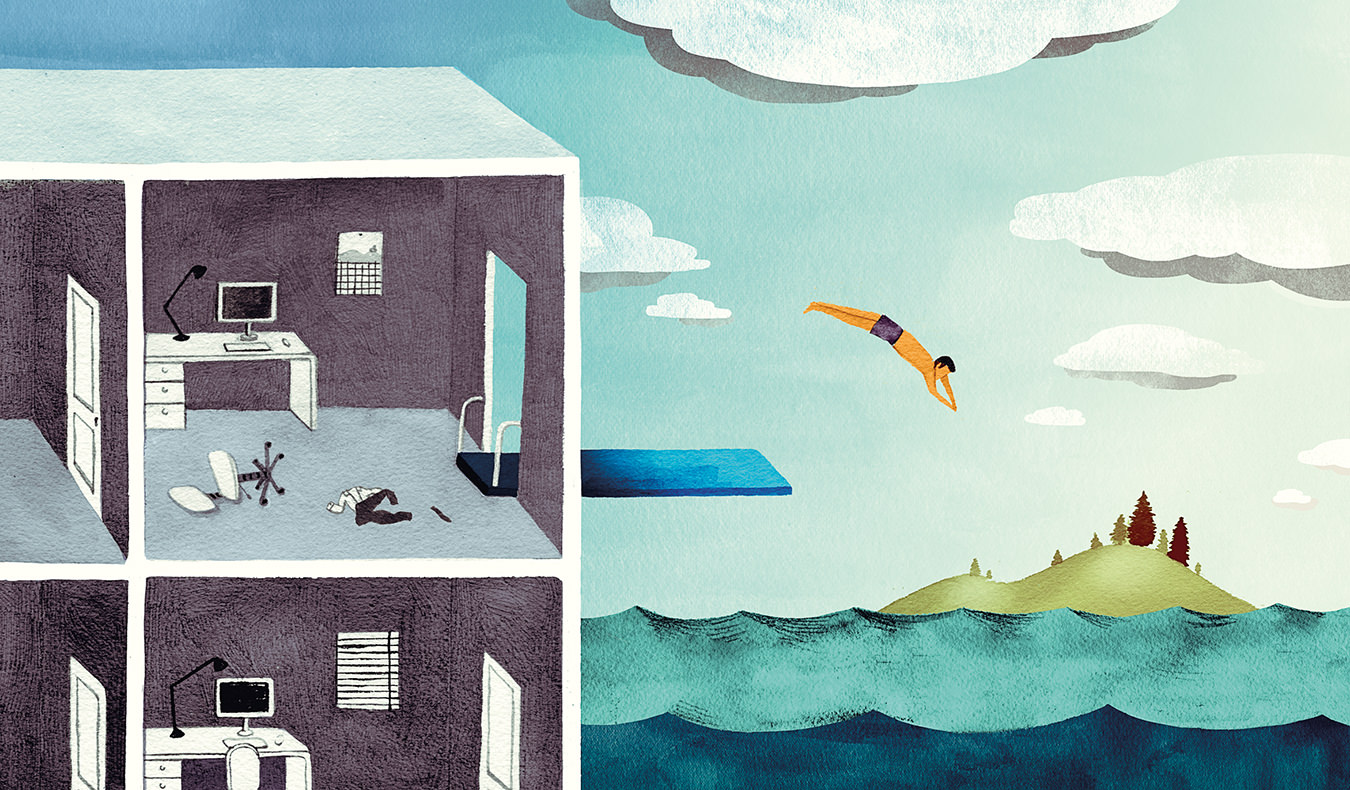The Call of the Void
Why do we feel the urge to jump from high places?
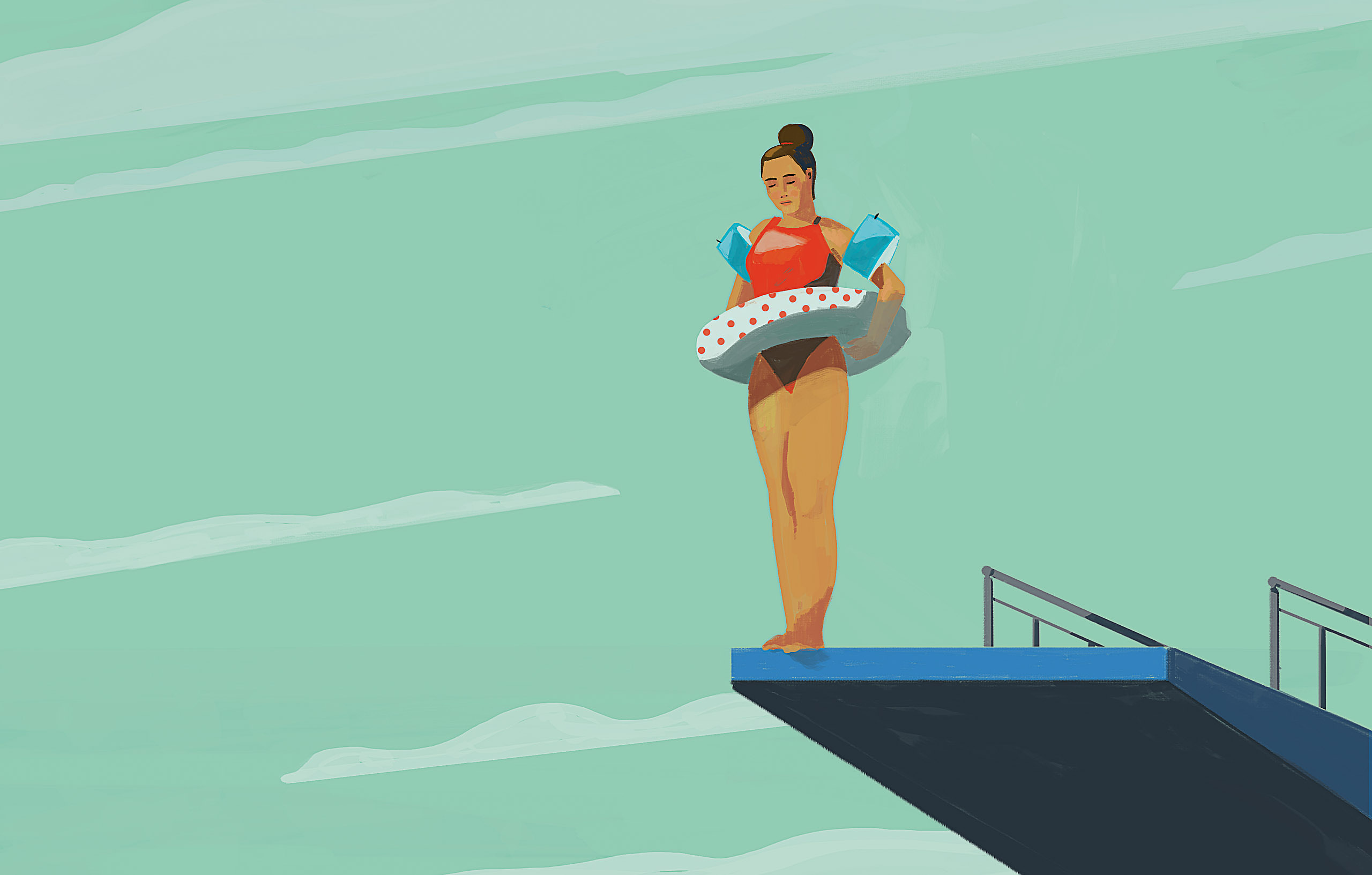
I have a fear of heights. Looking down from high places gives me a foreboding sense of vertigo and yet a paradoxical urge to jump off. I know I won’t actually do it, but still, the thought lingers in the back of my mind. It’s a common sensation—the French even have a term for it: l’appel du vide, or “the call of the void.” Like a siren call stirring up something almost primal within, the call of the void is a strange but normal facet of the human condition.
Documented by academics and philosophers alike, the call is not an indication of subliminal suicidal thoughts: that urge to leap off a cliff isn’t a morbid fantasy but actually a survival instinct. A 2012 study at Florida State University, which coined the term High Place Phenomenon (HPP) to describe the call of the void, found that people with higher levels of anxiety reported higher levels of HPP. To explain this, the study suggested that the urge to jump is a misinterpreted survival instinct: the brain instills a fear that one might jump off a cliff on purpose to tell the body not to jump off a cliff. It may seem counterintuitive, but perhaps it explains an evolutionary reason for anxiety. The urge to jump, the study declared, affirmed the urge to live.
But the call of the void isn’t limited to jumping off high places. It refers to any reckless impulse to do something self-destructive: swerve your car into the lane of traffic next to you, scream at the top of your lungs on a crowded bus. According to Sartre, the call of the void manifests itself as an existential phenomenon, naming it the “vertigo of possibility” in his book Being and Nothingness. Within this, he says that our identity is defined by our actions: one is a kind person because they do kind deeds. Our identity is only as limited as the capacity of our actions. People are just as capable of doing bad things as they are of doing good ones; the difference is in the choices they make. And it’s these endless choices—the decision to jump off a cliff, for example—that feed into an existential questioning of identity.
When our identity hinges on the actions we take, the specific agency we have over corporeal movements feels all the more strangely infinite. We are inherently aware that we can easily jump off a cliff—all it would take is a single step—and though we know we won’t really do it, that freedom of choice is staggering.
The Florida State University study’s findings that people with higher anxiety tend to experience the call of the void more often makes all the more sense when we remember that Kierkegaard called anxiety the dizziness of freedom in his treatise The Concept of Anxiety. “He whose eye happens to look down the yawning abyss becomes dizzy,” he writes. It is part of human psychology to become overwhelmed by the boundless possibility of choice.
It should not be alarming, then, to occasionally have intrusive thoughts of self-sabotage. Rather, it is those thoughts that define one as simply human, capable of making a perpetual combination of choices. Just try not to think too much about it.

